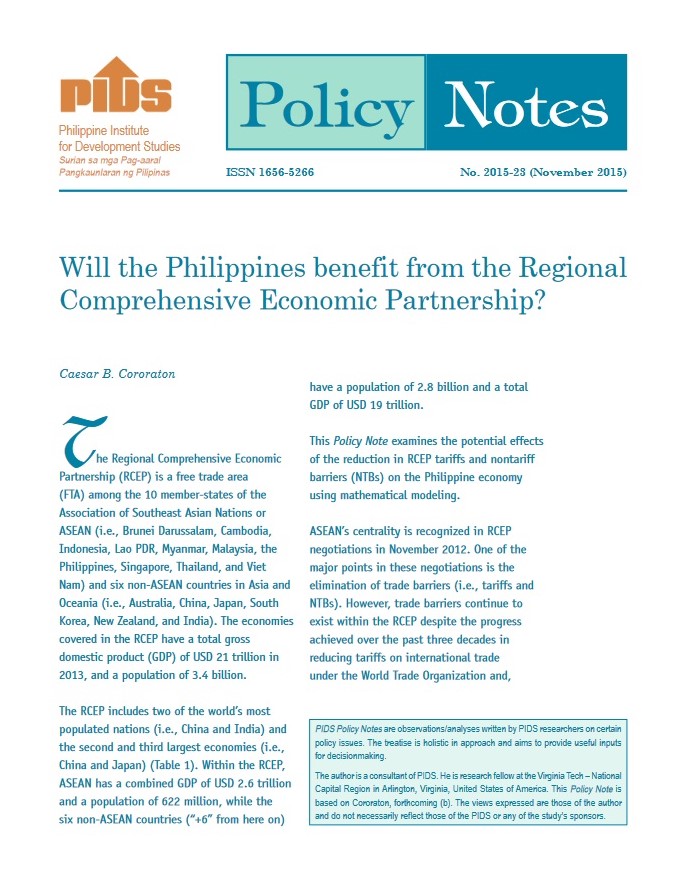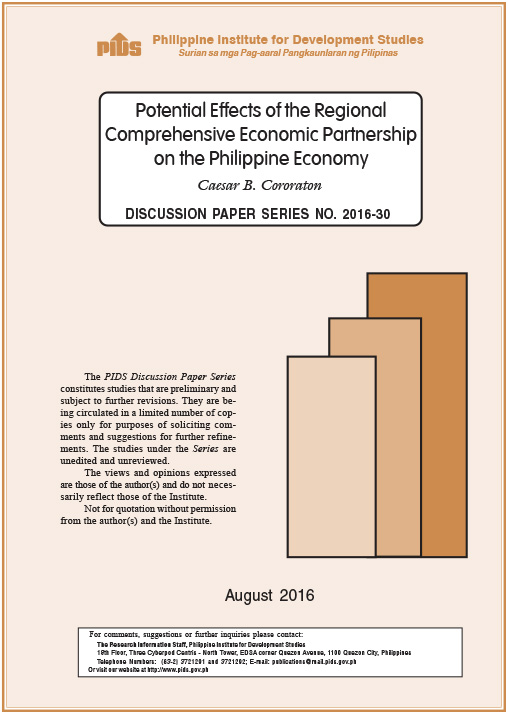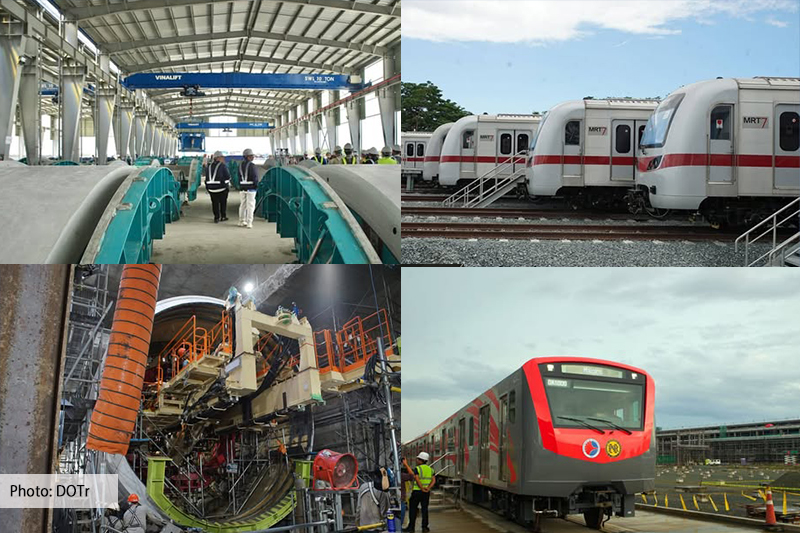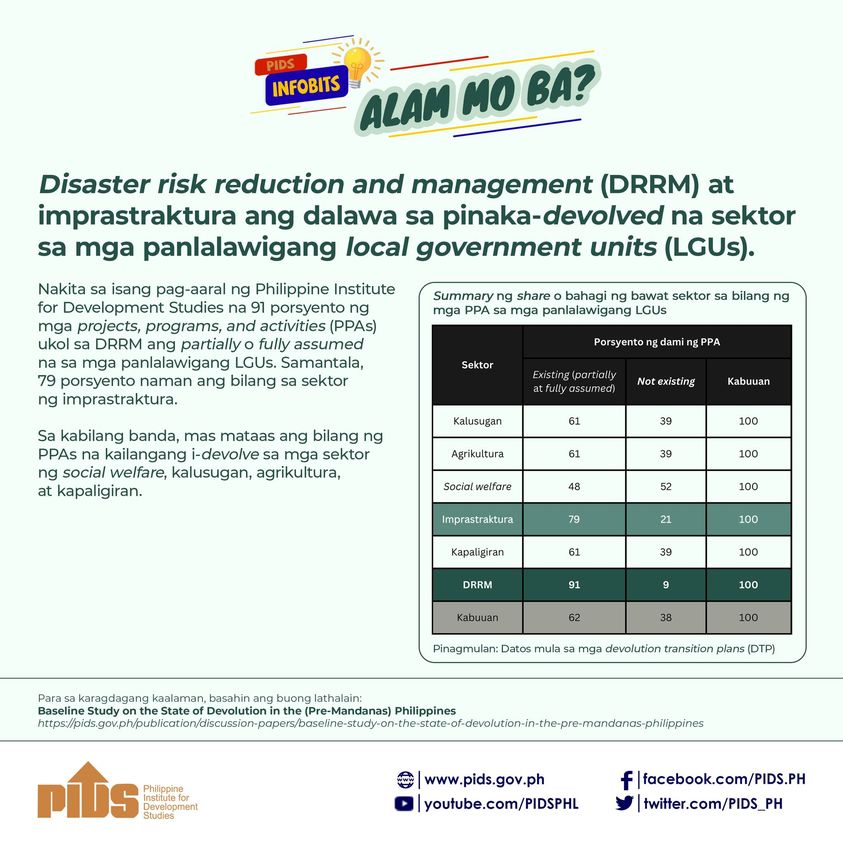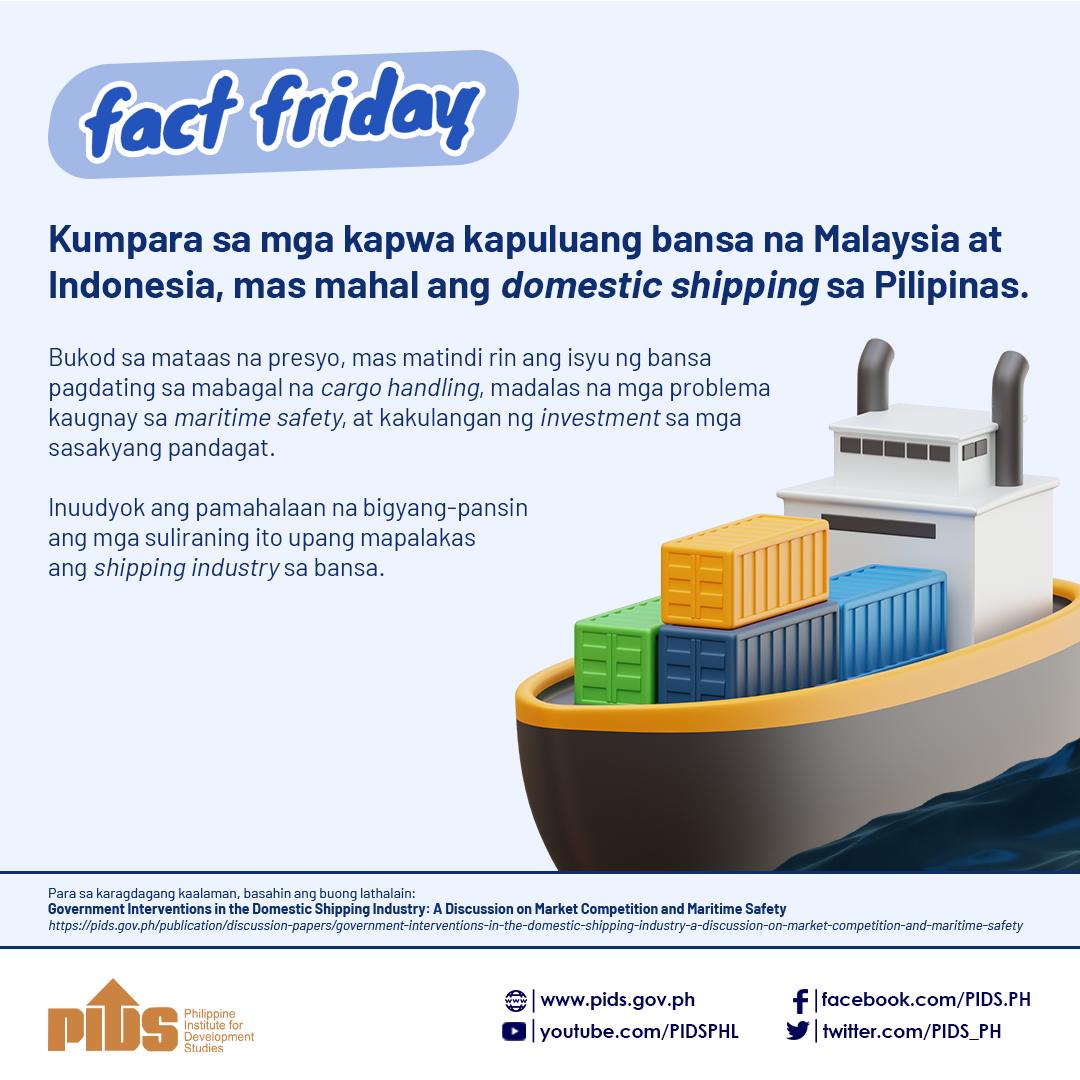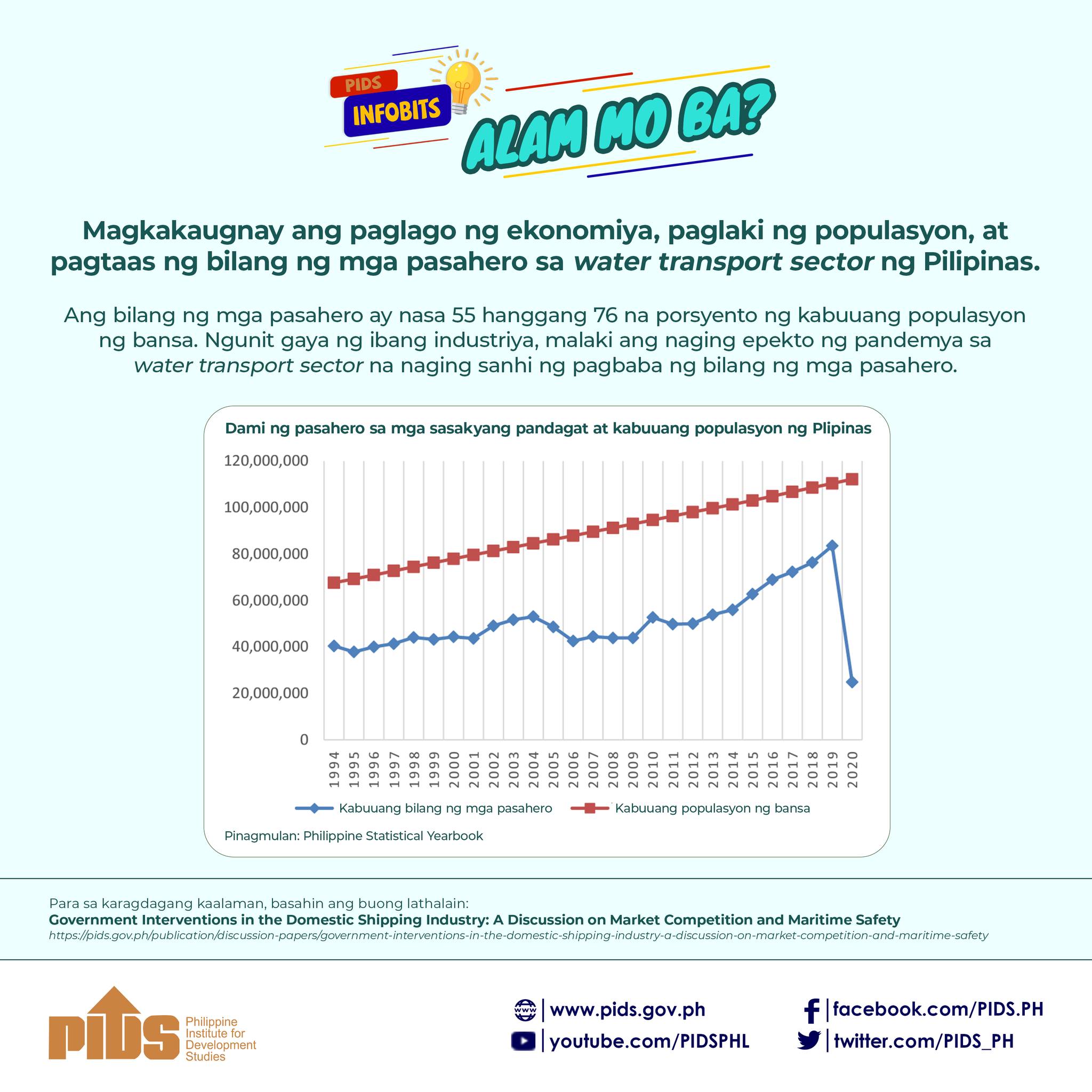The Philippine Institute for Development Studies (PIDS) said that the country’s fisheries industry suffers from "inadequate quality fisheries infrastructure and cold chain” facilities, which limits its competitiveness in the Southeast Asian region. In its featured publication "Philippine fisheries trade with Asean: chokepoints to AEC 2015,” PIDS research fellow Danilo Israel listed the chokepoints in the competitiveness of the Philippine fisheries sector when compared to counterparts in the Association of Southeast Asian Nations (Asean) countries, in line with the Asean Economic Community (AEC) by 2015. "Results of the recent study [Briones and Israel 2013] indicated that domestic cold chain and warehousing and specialized storage facilities, in particular, are among the most important fisheries services but whose present provision remains unsatisfactory and needs improvement,” Israel said. "The problem is critical to exporters of frozen fish who need adequate freezing and warehousing, and specialized storage facilities to maintain the high quality of their exported products,” he said.
Other than quality infra and cold chain facilities, Israel enumerated other chokepoints such as internal transport and logistics, import or export clearances, certification and permit processes, transparency and awareness of regulations, and nontariff measures.

